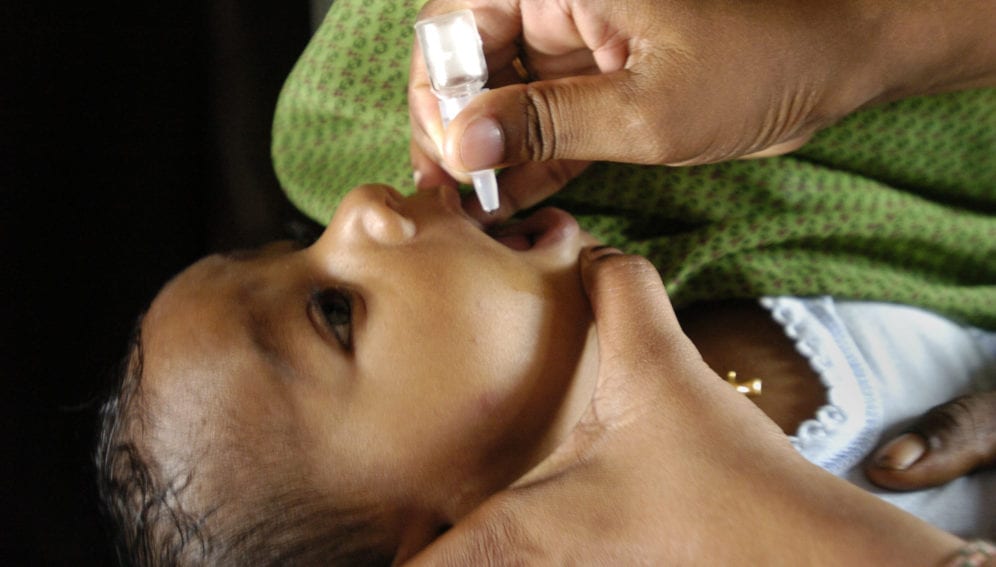Send to a friend
The details you provide on this page will not be used to send unsolicited email, and will not be sold to a 3rd party. See privacy policy.
[JAKARTA] A spurt in diphtheria cases in Indonesia in 2017 is being attributed by doctors to an anti-vaccination movement mounted by religious orthodoxy.
More than 600 people in predominantly Muslim Indonesia were infected with the causative bacterium (Corynebacterium diphtheria) this year, with at least 32 deaths, mostly children. The bulk of the cases are in the densely populated capital, Jakarta. Health officials say the number of diphtheria cases represents a 42 per cent hike over figures for 2016 and over 30 times about a decade ago.
Agustina Kadaristiana, general practitioner and founder of Doctormums, a website which supports maternal and child health, says religious groups are undermining government drives against vaccination-preventable diseases.
In August, a vaccination drive against measles and rubella was opposed by the Indonesian Council of Islamic Clerics (MUI), which declared that the vaccines contain material taken from pigs — an animal that is taboo in Islam.
“I think we need to conduct large-scale research on the anti-vaccination movement to formulate solutions, and this should involve policy makers, researchers, the MUI, media and surveillance agencies”
Agustina Kadaristiana, Doctormums
According to Kadaristiana, many Muslims believe that following ‘sunnah’ (or the way of the Prophet) is enough protection against diseases. “I think we need to conduct large-scale research on the anti-vaccination movement to formulate solutions, and this should involve policy makers, researchers, the MUI, media and surveillance agencies,” she says.
Jane Soepardi, director of surveillance and quarantine at Indonesia’s health ministry, says that anti-vaccination sentiment in Indonesia is also linked to cultural differences. “We got 100 per cent uptake for the measles and rubella immunisation drive in
East Java this year because we gained the support of traditional leaders during the campaign.”
East Java was the centre of a diphtheria outbreak in 2009 when no efforts were made to canvass support from traditional leaders. According to Soepardi, hundreds of people who visited the province during the Eid holidays that year got infected and spread the highly contagious disease across the archipelago.
By 2012, infections had soared to 1,192 cases, according to health ministry statistics. While the numbers declined to 394 in 2014, they began to soar again over subsequent years.
“The high mobility of Indonesian people is certainly one reason for the increasing number of diphtheria cases,” Soepardi says. “Now we have more than 600 cases in 21 provinces.” Another reason is insufficient vaccination coverage.
Data from the health ministry’s 2013 Basic Health Research documents show that about 25 per cent of Indonesian children in the 2—6 age group were not covered for diphtheria, pertussis and tetanus under the standard vaccination and were, therefore, vulnerable to these diseases.On 11 December, the health ministry launched ‘outbreak response immunisation’ for children and adults as a measure to quickly isolate and contain spread of diphtheria.
“We need to emphasise that vaccination is beneficial,” health minister Nila Moeloek said at the launch, hoping to allay public apprehension.
The immunisation programme is deemed necessary and well-timed as Jakarta is one of the two host cities for 2018 Asian Games, which is expected to draw hundreds of delegates and athletes from other parts of Asia.
This piece was produced by SciDev.Net’s Asia & Pacific desk.














